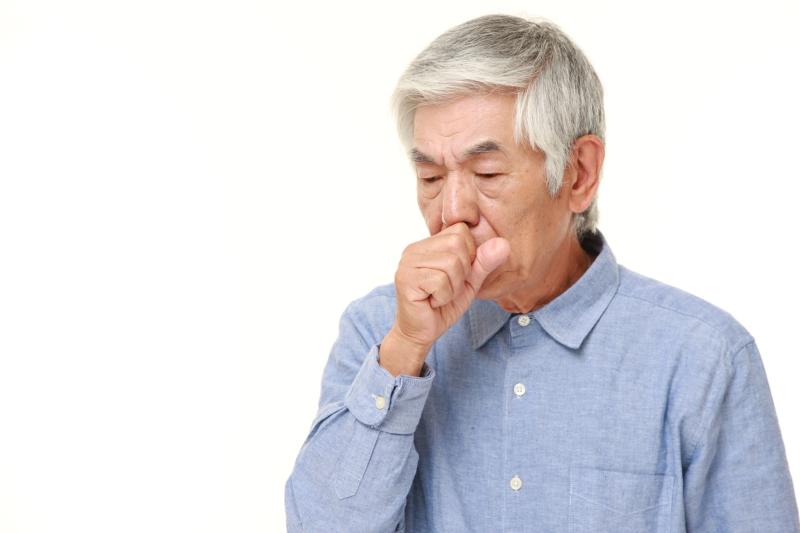
The life expectancy of older people can be predicted through their respiratory symptoms and smoking status, according to a recent study.
Irrespective of smoking status, SOB was associated with shorter life expectancy. Cough in former smokers and wheeze were also predictive of shorter life expectancy.
For a 70-year-old male who never smoked and had no respiratory symptoms, his estimated remaining life expectancy was at 16.6 years (95 percent confidence interval [CI], 14.8–17.7). On the other hand, the years of life lost for a 70-year-old male current smoker with cough, SOB and wheeze, compared to a never smoker with no symptoms, was 4.93 years (95 percent CI, 2.87–7.36), with 2.99 years (95 percent CI, 1.35–4.97) being attributed to current smoking and the rest to respiratory symptoms.
“Cough in former smokers, wheeze in current smokers and all those with shortness of breath (SOB) require further investigations and disease‐specific management,” the authors said.
This prospective longitudinal study included 2,087 older people in Australia with 22 years of follow-up. Respiratory symptoms (ie, cough, SOB and wheeze) were analysed. A parametric survival functions was used to estimate the implied impact on life expectancy.
“Respiratory symptoms are recognizable to patients and may be markers of chronic disease and mortality risk,” the authors said. “This risk may be easier to conceptualize if presented as remaining life expectancy rather than hazard ratios.”